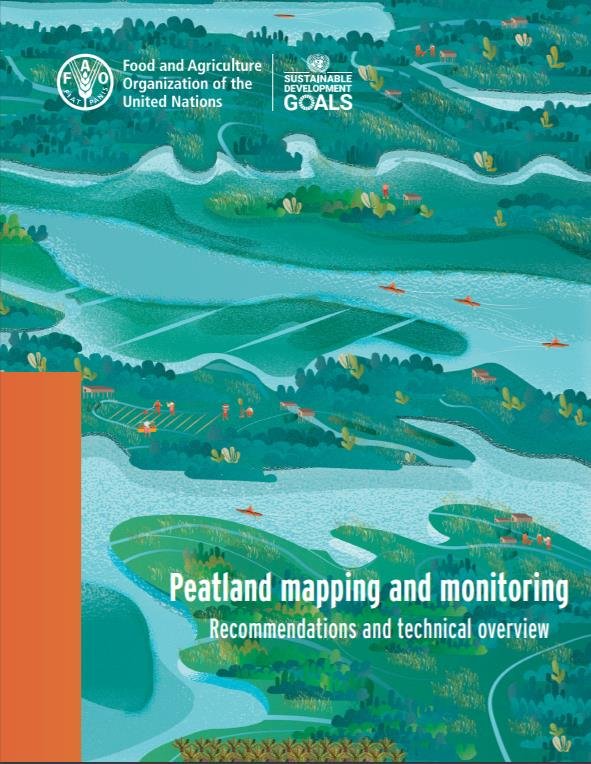- Share this article
- Subscribe to our newsletter
Peatland mapping and monitoring
The practical guide Peatland mapping and monitoring was launched by the Food and Agriculture Organization of the United Nations (FAO) in March 2020. It provides information about the world's peatlands and recommendations on how to manage these special ecosystems. To avoid their degradation and effectively plan their restoration, peatlands should be urgently mapped and monitored, FAO says.
The publication is the joint work of 35 expert authors from 14 countries, and highlights experiences from tropical peatland countries such as Indonesia, the Democratic Republic of the Congo and Peru, and from temperate regions.
Peatlands cover only three per cent of the world's surface yet contain as much carbon as all of its vegetation, dramatically underscoring their pivotal role in global climate regulation, the authors state. Peatland degradation, by drainage or fire or other forces, triggers their conversion from slow carbon sinks into fast sources capable of releasing carbon stored over millennia in a few decades.
Around 15 per cent of the world's peatlands have been drained mainly for cropping, grazing, forestry and extraction uses, leading to long-term degradation. Hotspots of peatland degradation are located especially in Europe, Russia and Northern America, Southeast Asia, East Africa and the Amazon basin. The degradation is often due to lack of knowledge about peatlands’ location, extent, special characteristics such as fire risk, benefits, and potential for mitigating climate change.
(FAO/ile)
Read more and download the publication Peatland mapping and monitoring at FAO website





Add a comment
Be the First to Comment